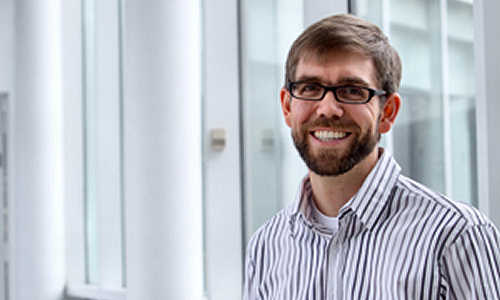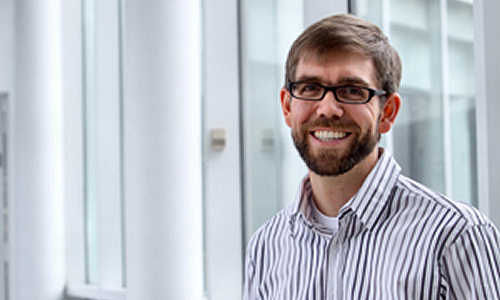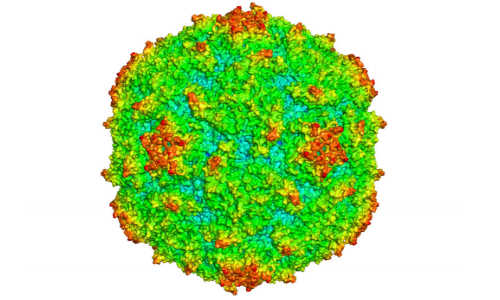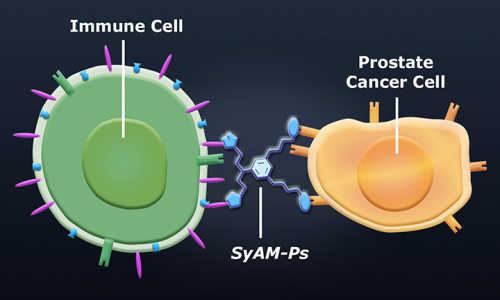Protein engineering is the crucial pulse of the booming, relatively new scientific discipline. Scientists grow, harvest, and reprogram proteins to become new drug therapeutics, environmentally friendly fuels, and vaccines. Producing proteins quickly and in large quantities has been and remains a major challenge in the field.
“There’s an increasing demand for cost-effective, scalable, highly yielding systems to make proteins,” said Northwestern University synthetic biologist Michael Jewett. “We want to address this need, which could help lead to new targeted therapies that attack disease or enzymes that make sustainable chemicals.”
Michael Jewett
An assistant professor of chemical and biological engineering in the McCormick School of Engineering, Jewett and his team have pioneered a new protein production method that is faster and cheaper than ever before, making synthetic biology research more accessible for laboratories everywhere–even in high schools.
Supported by DARPA and the Army Research Office, the research is published in the March 2015 issue of Scientific Reports. Yong Chan Kwon, a postdoctoral associate in Jewett’s lab, coauthored the paper.
Jewett’s research addresses a technological gap in cell-free protein synthesis (CFPS), a method of producing proteins without using living, intact organisms. In recent years, CFPS has emerged to help satisfy a growing demand for simple and efficient protein expression technologies. While CFPS bypasses growing proteins in fastidious microorganisms, such as yeast and bacteria, it requires highly specialized, costly equipment. Researchers must use a large, steel fermenter to grow cells and then a French press to lyse the cells, or remove their cellular walls under high pressure, which leaves behind their coveted enzymes for use as catalysts to produce proteins.
“Despite the fact that cell-free translation systems have improved over the past few decades, it is still difficult to standardize protocols within and across labs and costly equipment can be too expensive for some,” Jewett said. “Most labs–certainly high school labs–cannot afford the high-pressure homogenization equipment.”
Jewett’s new technique replaces the fermenter and French press with two inexpensive pieces of equipment that are common to the typical lab: standard culture tubes and shake flasks. His group grew two commercially available strains of E.coli in small test tubes and then vibrated them in a sonicator until their cellular walls were lysed.
“The community used to think that using this inexpensive vibration model was impossible,” Jewett said. “When you vibrate cells, they heat up a lot, which could inactivate the catalysts needed to make a protein. Building off recent work from Bradley Bundy’s lab at Brigham Young University, we found a way to map the proper amount of energy input of the sonication to get the cells lysed without heating up too much.”
Not only does this method use inexpensive equipment, but it also produces more crude extract catalysts for making proteins in less time. According to Jewett, his approach can make 100 lysates in one day as compared to the standard fermentation approach, which can make 100 lysates in eight months.
“This affords us a tremendous amount of new opportunities and advantages for making products,” Jewett said. “And we hope it will allow more researchers to enter the field.”.
Story Source:
The above story is based on materials provided by Northwestern University.






